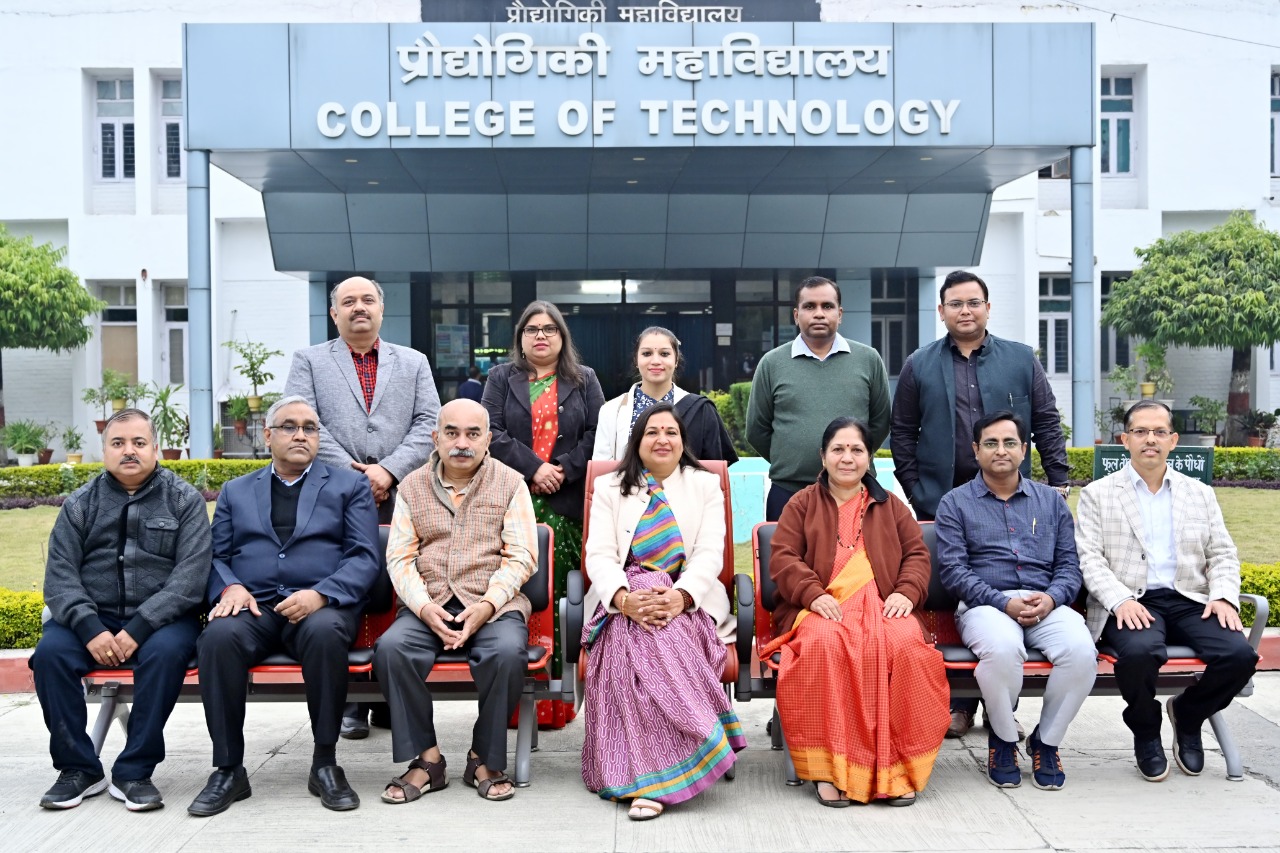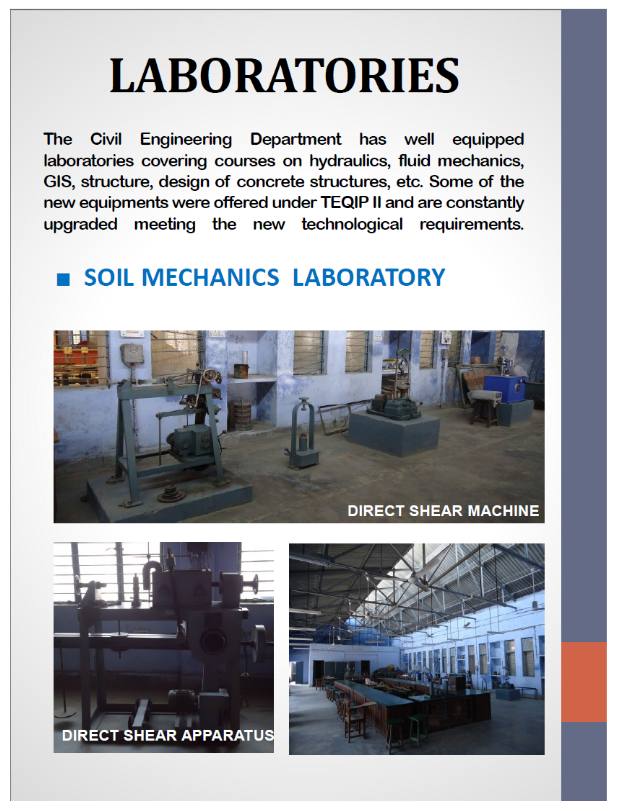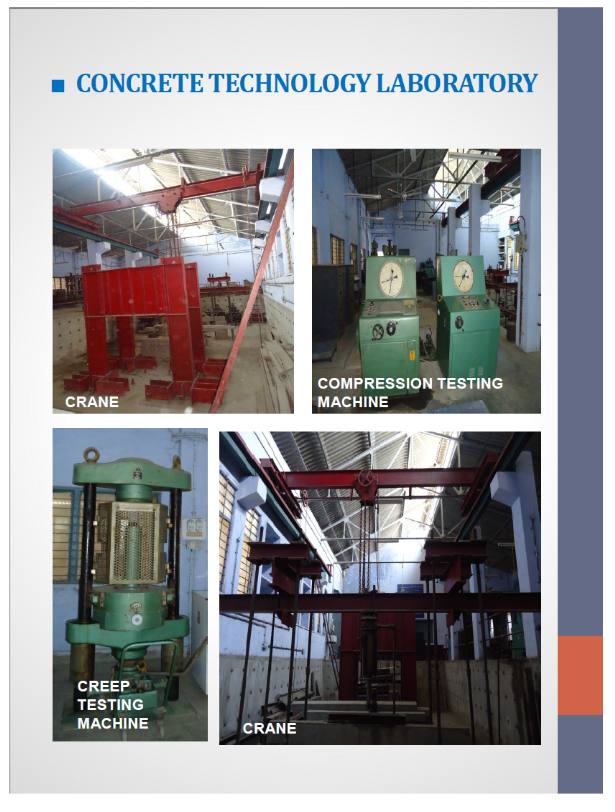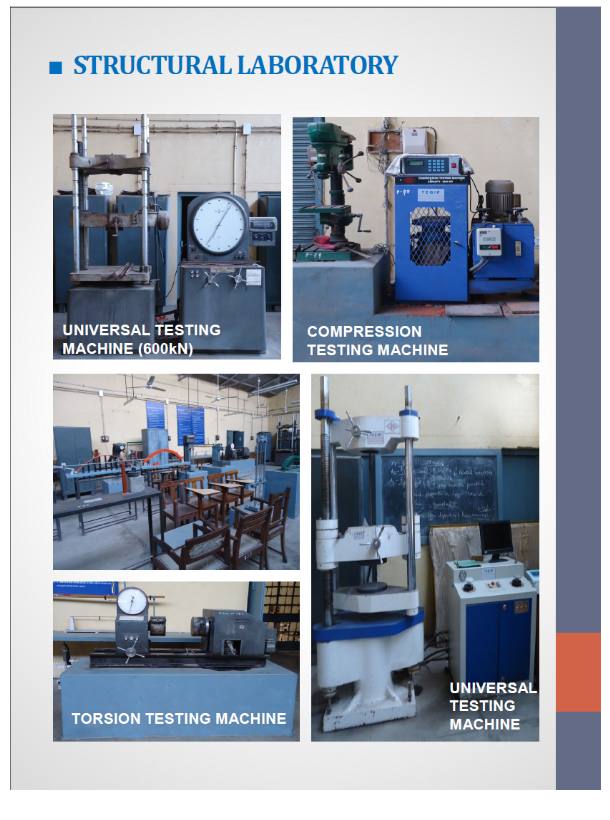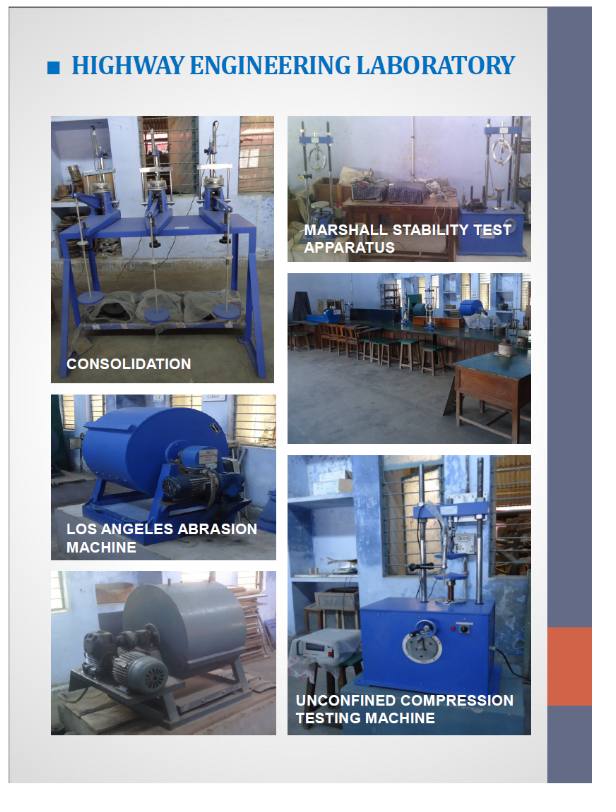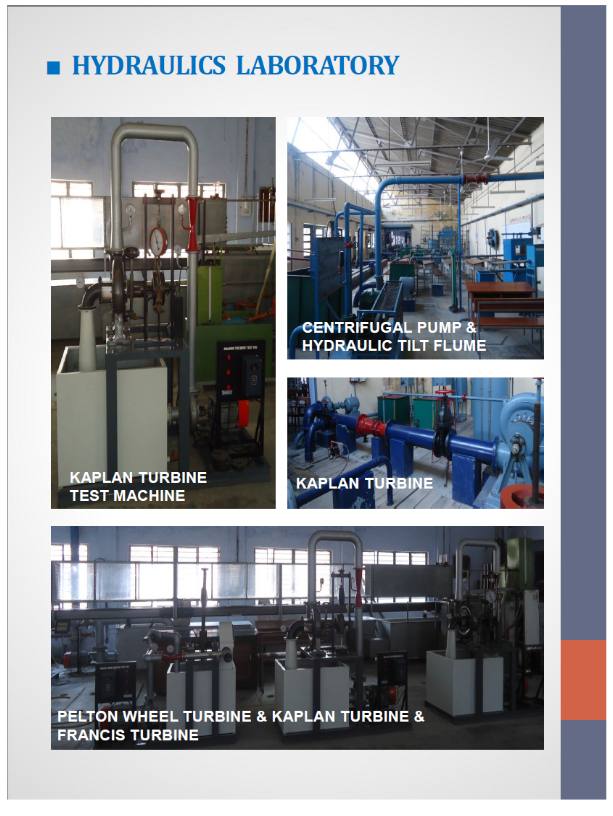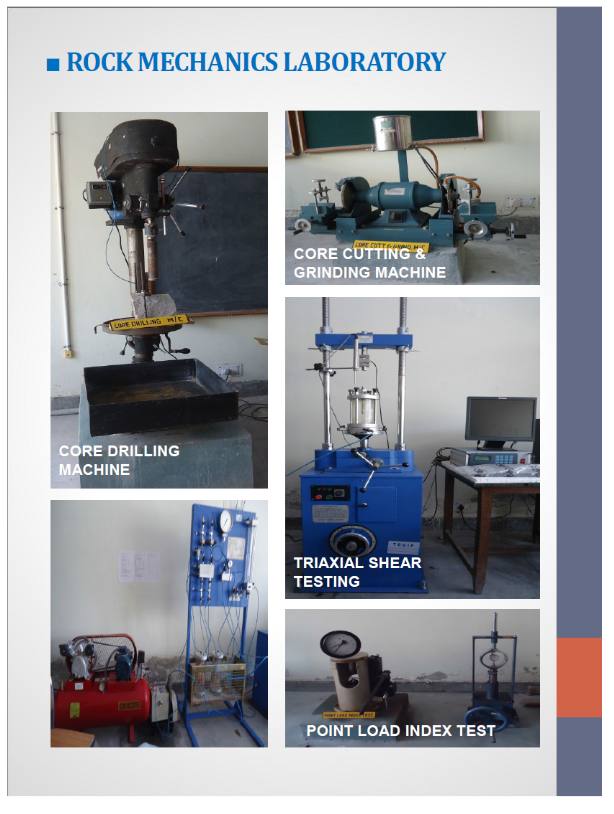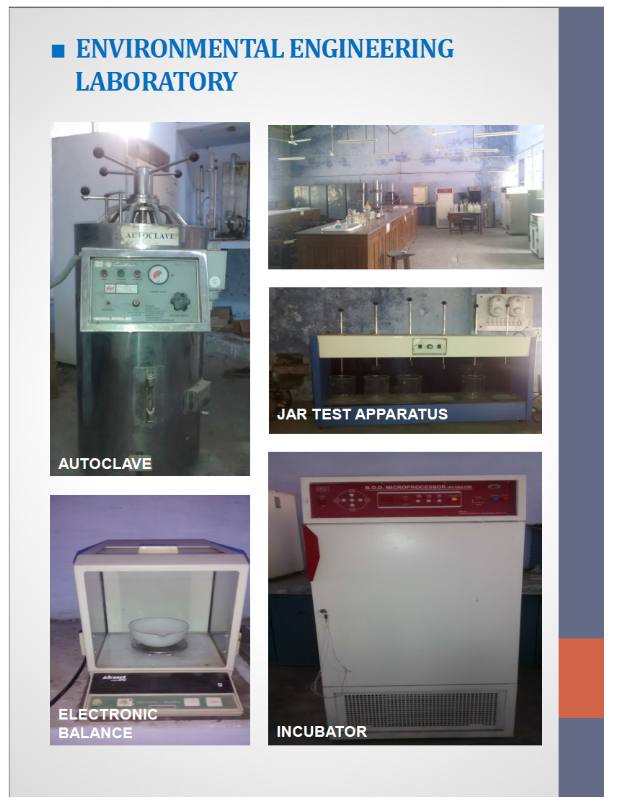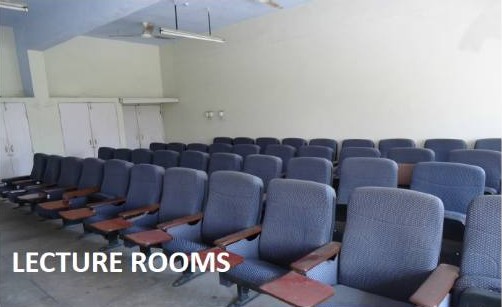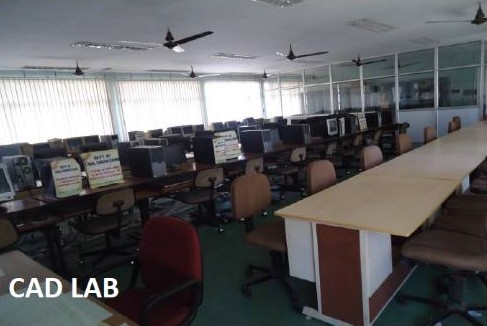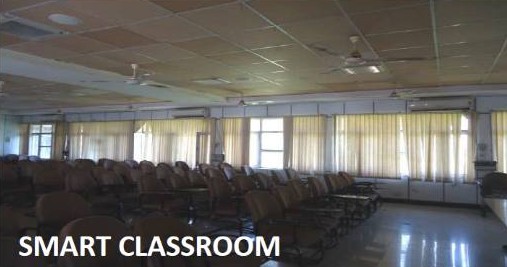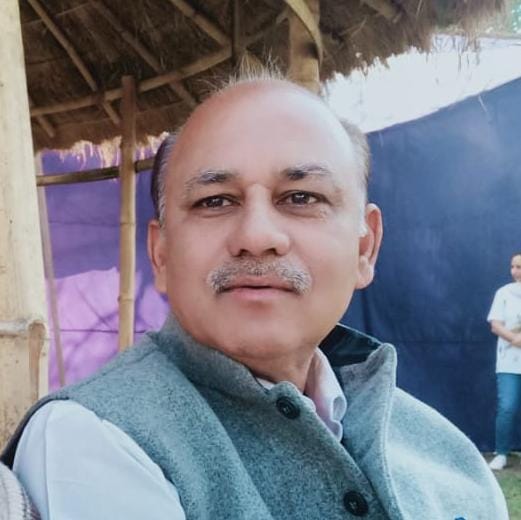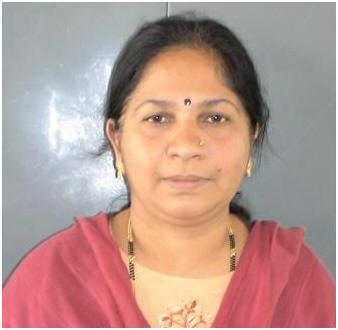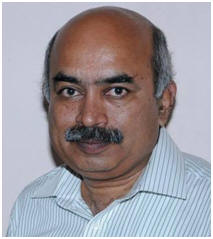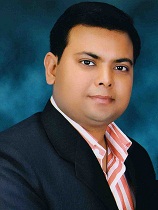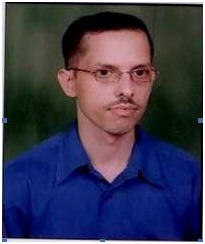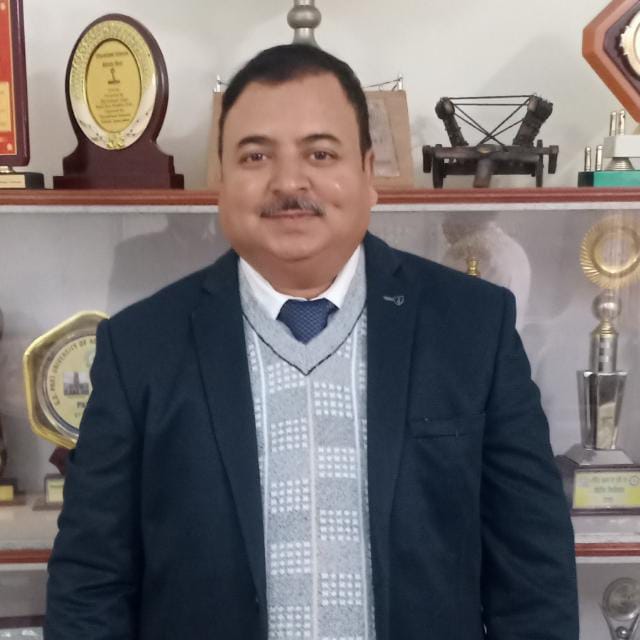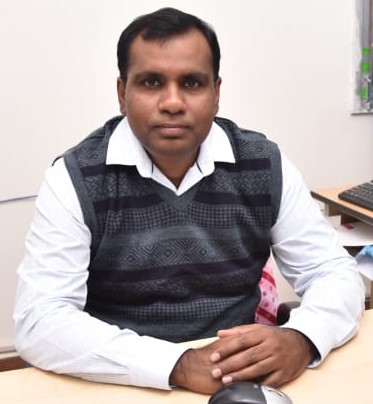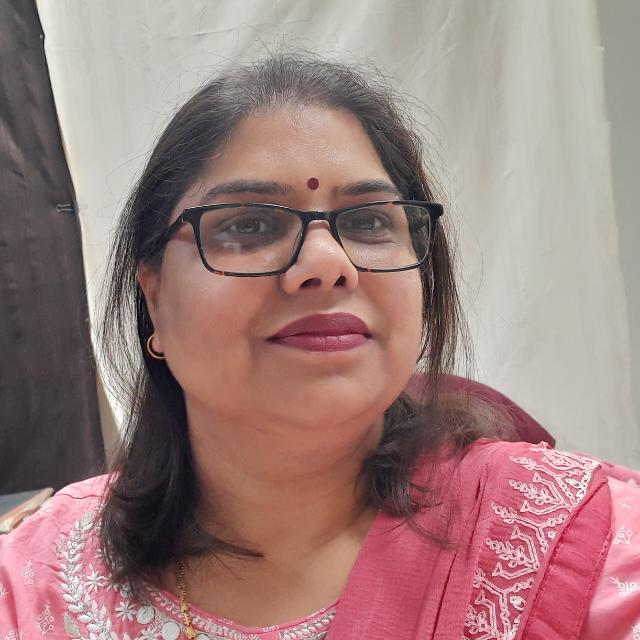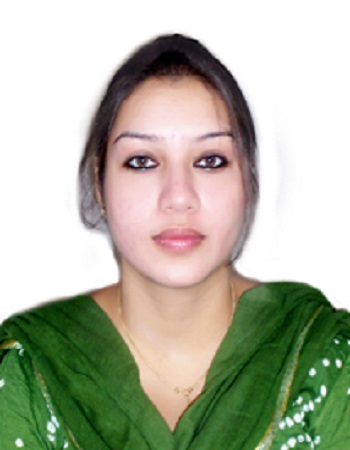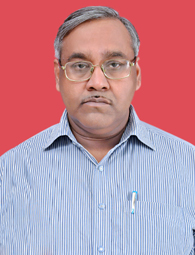
-
Dr. S.S. Gupta Head, Department of Civil Engineering, College of Technology Contacts +91-9412120874 siyasarangupta[dot]civil[at]gbpuat-tech[dot]ac[dot]in
ssg33741[at]gmail[dot]com
About Us
The Department of Civil Engineering came in to existence in 1966 as one of three other departments of college of technology. Post-Graduation Programs were started leading to M.Tech. in “Structural Engineering” in 1969 and “Hydraulic Engineering” in 1970 were started. In 1985, University Grant Commission sanctioned additional specialization for M.Tech. in the field of “Soil Mechanics and Foundation engineering” and for Ph.D. Program in the field of “Structural Engineering” and “Hydraulic Engineering” in 1980. Ph.D. programme was updated as Ph.D. in Civil Engineering in 2012.
Vision: To become a world-class platform of excellence that brings out civil engineers with high technical competencies and promotes high-end research and education to meet the current and future challenges in civil engineering.
Mission:Program Educational Objectives (PEOs) Programme educational Objectives (PEOs) of B.Tech. (Civil Engineering) degree programme are as follows-
PEO1: Produce technically sound engineers having the adaptive skills to serve various government/semi-government and industries.
PE02: Apply nationally/internationally recognized technology and conduct technical research for the development of nation.
PE03: Develop appropriate technologies for the upliftment of the people of rural areas of Uttarakhand and other states of India.
Program Specific Outcomes (PSO)
PSO-1: Ability to show expertise with sufficient technical knowledge to compute, analyze and design Civil Engineering problems.
PSO-2: Ability to undertake research projects to address industrial and societal needs.
PSO-3: Ability to work efficiently as a team member to execute the design of different types of project related to Civil Engineering.
Program Outcomes (POs)
PO-1: Apply knowledge of mathematics, science, engineering fundamentals and an engineering specialization to the solution of complex engineering problems.
PO-2: Identify, formulate, research, literature and analyze complex engineering problems reaching substantiated conclusions using first principles of mathematics and engineering sciences.
PO-3: Design solutions for complex engineering problems and design system, components or processes that meet specified needs with appropriate consideration for public health and safety cultural, societal and environmental considerations.
PO-4: Conduct investigation of complex problems using research- based knowledge and research methods including design of experiments, analysis and interpretation of data and synthesis of information to provide valid conclusion.
PO-5: Create, select and apply appropriate techniques, resources and modern engineering and IT tools, including prediction and modelling, to complex engineering activities, with an understanding of the limitations.
PO-6: Apply reasoning informed by contextual knowledge to assess societal, health, safety, legal and cultural issues and the consequent responsibilities relevant to professional engineering practice.
PO-7: Understand the impact of professional engineering solution in societal and environmental contexts and demonstrate knowledge of and need for sustainable development.
PO-8: Apply ethical principles and commitment to professional ethics and responsibilities and norms of engineering practice.
PO-9: Function effectively as an individual, and as a member or leader in diverse teams and in multidisciplinary settings.
PO-10: Communicate effectively on complex engineering activities with the engineering community and with society at large, such as being able to comprehend and write effective reports and design documentation, make effective presentations, and give and receive clear instructions.
PO-11: Demonstrate knowledge and understanding of engineering and management principle and apply these to one’s own work, as a member and leader in a team, to manage projects and in multidisciplinary environments.
PO-12: Recognize the need for and have the preparation and ability to engage in independent and life – long learning in the broadest context of technological change.
Degrees Offered
| Sr.No. | Course Name | Graduation Requirement |
|---|---|---|
| 1. | B.Tech. | B.Tech. Regular B.Tech. Lateral Entry |
| 2. | M.Tech. | |
| 3. | Ph.D. |
UG Student
PG Student
| Sr.No. | Student Name | Id No. | Batch |
|---|---|---|---|
| Ph.D. | |||
| 1. | Bhaskar Bhatt | 56969 | 2020-21 |
| 2. | Deepak Kulyal | 50893 | 2020-21 |
| 3. | Surabhi Chand | 56469 | 2020-21 |
| 4. | Himanshu Bharti | 59302 | 2022-23 |
| M.Tech. (Structural Engineering) | |||
| 1. | Neha Mansuri | 58412 | 2021-22 |
| 2. | Deepak Danu | 57243 | 2021-22 |
| 3. | Naman Tewari | 57995 | 2021-22 |
| 4. | Akhil Kumar | 57981 | 2021-22 |
| M.Tech. (Hydraulics Engineering) | |||
| 1. | Lovejeet Singh | 57235 | 2021-22 |
| 2. | Mohammad Sayeed | 58052 | 2021-22 |
| 3. | Gunjan Kharakwal | 57985 | 2021-22 |
| 4. | Praveen Digri | 58047 | 2021-22 |
| M.Tech. (Soil Mechanics & Foundation Engineering) | |||
| 1. | Saurabh Gwasikoti | 57226 | 2021-22 |
| 2. | Mohammad Faraz | 57245 | 2021-22 |
| 3. | Ravi Kumar Pandey | 57247 | 2021-22 |
| 4. | Shivani | 57969 | 2021-22 |
| M.Tech. (Structural Engineering) | |||
| 1. | Yash Mehra | 50338 | 2022-23 |
| 2. | Ritik Chaudhary | 59603 | 2022-23 |
| 3. | Gunjan Rawat | 59610 | 2022-23 |
| 4. | Aman Kumar | 59622 | 2022-23 |
| M.Tech. (Soil Mechanics & Foundation Engineering) | |||
| 1. | Archana | 50337 | 2022-23 |
| 2. | Chetan Chauhan | 50325 | 2022-23 |
UNIVERSITY LEVEL DEBATE COMPETITION
College of Technology to celebrate Diamond Jubilee Celebrations organized a University Level Debate
Competition on 3-4 December 2022 at PCT Conference Hall.
The Branch Chapters
Each speaker was allotted time of 4 minutes to present their views and rebuttal round was allotted 1 minute with no cross questioning allowed. The speaker was open to be questioned by all.
The special guests invited for the debate were Dr. Neeraj Bisht, Staff Counselor, Engineering and Technology Society and Dr. Sanjeev Suman, Staff Counselor, NIRMAAN.
The English debate was held on 3 December 2022.The jury panel were Dr. A.K. Pratihar, Department of Mechanical Engineering, Dr. Shikha Goswami, Department of Information Technology, Dr. Sanjeev Suman, Department of Civil Engineering and Dr. Abhishek Yadav, Department of Electrical Engineering. There were 2 rounds held for each topic. 9 students each spoke for the motion and against the motion on the topic “Is UPI really beneficial?” and 8 spoke for the motion and 7 against the motion on the topic “Will Genetic Engineering permanently change our society?”
